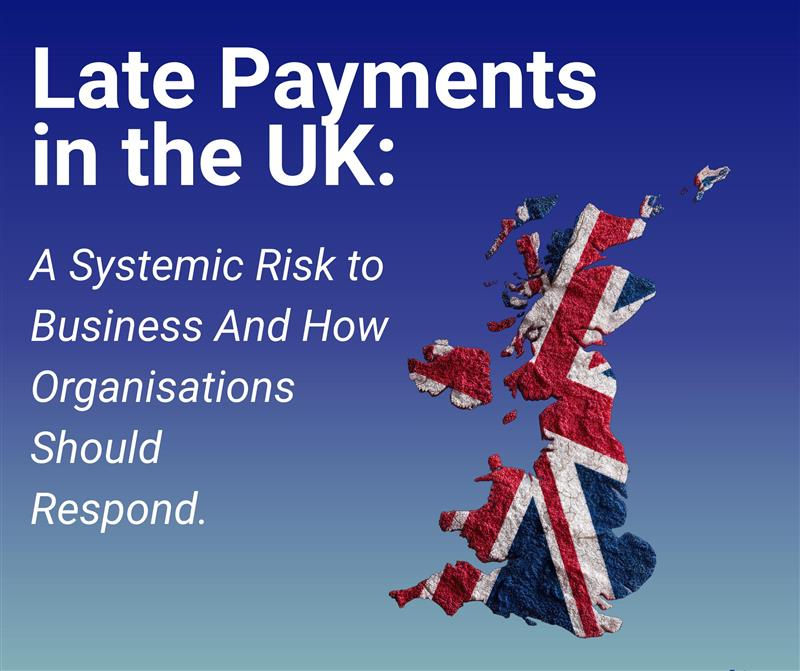Should England take insight from Wales by capping council tax liability order costs?
- lilia9412
- Aug 4, 2025
- 2 min read
And should councils consider extending payment plans to 12 months to ease financial pressure on households?
Early this week, our team attended a thought-provoking meeting that sparked lively debate around the local authority Council tax and Business Rates recovery space, addressing the following topics:
1. A statutory cap on "reasonable costs" for liability orders
In Wales, regulation caps these costs at £70 total for both the summons and liability order combined. In England, by contrast, there is currently no statutory cap, only the requirement that costs must be "reasonably incurred" and proven to court (per the Nicolson ruling).
The internal vote originally saw 58% in favour of introducing a cap. But it is not a simple yes/no issue. If England follows Wales, there is a risk of inadvertently opening the door to future caps on business rates as well, something that would deeply affect local government revenues.
2. Moving from 10-month to 12-month billing by default
Under current rules, council tax is typically billed over 10 months, giving residents a 2-month payment-free period (usually Feb–Mar) to catch up on arrears or prepare for the next cycle.
Government proposals – currently under consultation in England – suggest shifting to a 12-month default, easing weekly affordability and smoothing cash flows. Councils would still retain the option for 10-month arrangements if preferred (GOV.UK.)
Supporters argue 12 months give households more breathing room and reduce risk of an immediate full bill demand if a single payment is missed.
However, this shift is not without its trade-offs. For some residents, spreading payments over Christmas and New Year, already tight financial periods, might lead to different pressures.
As part of the Civil Enforcement industry, it is important we stay at the heart of this conversation.
As a business we support in theory introducing jurisdictional limits on liability-order costs in England, but within reason. A cap could protect vulnerable taxpayers, while still covering councils’ admin fees. However, we must ensure it doesn’t morph into broader caps on tax or business rates.
A switch to 12-month billing may help some households. It may offer flexibility, encourage budgeting, and could reduce enforcement escalation. However, the current 10-month structure offers a valuable safety net. The 2-month break can help residents catch up on arrears or prepare for the new financial year. For some, that breathing room is crucial and changing to a 12-month billing cycle may have unforeseen consequences.
We’re here to support local authorities, not just in recovery, but in shaping fair, forward-thinking policy that balances sustainability with compassion.
Would love to hear how others in enforcement, collections, or local government feel about these changes. Please let us know in the comments.
_edited.png)



Comments